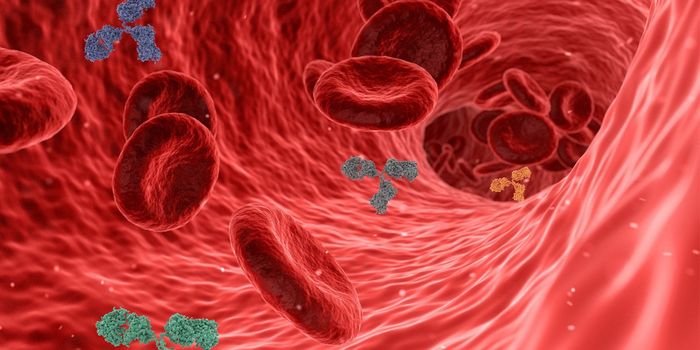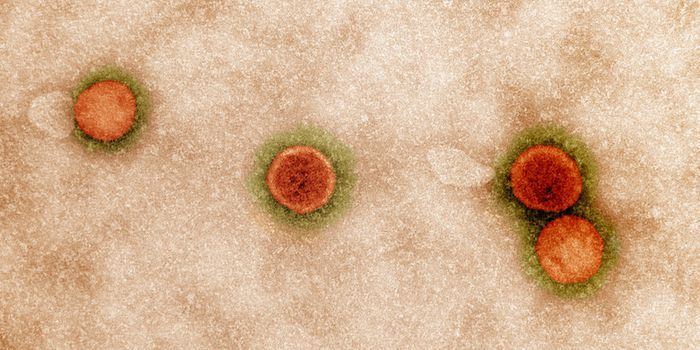How Dietary Supplement Citicoline Improves Memory
For some time now, Citicoline has been known for its ability to improve memory and reduce cognitive decline. A primary ingredient in many pre-made nootropics, or brain-boosting medicines, how does it work? And how effective is it?
A choline donor, citicoline works by delivering choline (an essential nutrient used for the construction of cell membranes, neurons and neuron dendrites) to the brain where it is used to make phosphatidylcholine and acetylcholine. While phosphatidylcholine is used to make new neurons and similar structures, acetylcholine is used to pass signals between neurons. These functions make citicoline essential for both creating new structures and increasing mental performance.
Although choline is naturally present in mant foods, such as cauliflower, sunflower seeds, eggs and beef liver, its small quantities and difficulty in being absorbed by the gut mean that it is difficult to consume enough of the substance to garner significant neurological effects. At this point citicoline becomes more effective at raising choline levels in the brain as not only is better absorbed by the gut, it also goes practically unused by other areas of the body, unlike other choline analogues, and instead goes straight to the brain.
But how effective is it? Although theoretically citicoline should work wonders in the brain, how does it work in practice? To understand this, researchers in Italy examined 349 patients aged 64 years and older who had problems with their memory and evidence of vascular lesions- although no formal diagnosis of Alzheimer’s. For the study, they required each participant to undergo a MIni-Mental State Examination (MMSE) at baseline alongside either magnetic resonance imaging of computed tomography scans. They then dosed 265 of them with 500mg of oral citicoline twice daily while the remaining 84 received no treatment.
Repeating MMSE’s and brain imaging both 3 and 9 months following treatment, the researchers found that although MMSE scores stayed relatively the same over time for those dosed with citicoline, those in the untreated group saw a significant decline in their MMSE score over the same period, indicating cognitive decline. For the researchers, this indicated that citicoline is likely effective in potentiating neuroplasticity while producing neuroprotective effects, and may even have some application in neurodegenerative disorders such as Alzheimer’s.
Sources: Medscape, Vaga and Psychology Today









